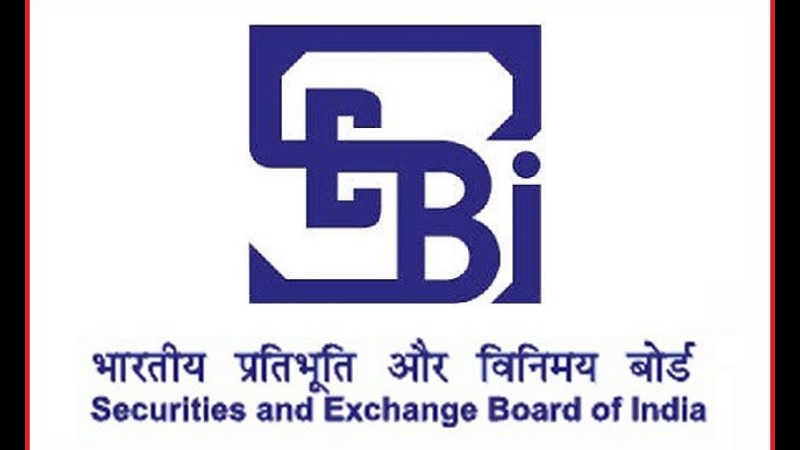Vishal Tiwari vs. Union of India & Ors [2024 INSC 3]
Principles governing judicial review of policy decisions of the expert regulatory agencies
RELEVANT PARAGRAPH
17. From the above exposition of law, the following principles emerge:
a. Courts do not and cannot act as appellate authorities examining the correctness, suitability, and appropriateness of a policy, nor are courts advisors to expert regulatory agencies on matters of policy which they are entitled to formulate;
b. The scope of judicial review, when examining a policy framed by a specialized regulator, is to scrutinize whether it (i) violates the fundamental rights of the citizens; (ii) is contrary to the provisions of the Constitution; (iii) is opposed to a statutory provision; or (iv) is manifestly arbitrary. The legality of the policy, and not the wisdom or soundness of the policy, is the subject of judicial review;
c. When technical questions arise – particularly in the domain of economic or financial matters – and experts in the field have expressed their views and such views are duly considered by the statutory regulator, the resultant policies or subordinate legislative framework ought not to be interfered with;
d. SEBI’s wide powers, coupled with its expertise and robust information gathering mechanism, lend a high level of credibility to its decisions as a regulatory, adjudicatory and prosecuting agency; and
e. This Court must be mindful of the public interest that guides the functioning of SEBI and refrain from substituting its own wisdom in place of the actions of SEBI.
